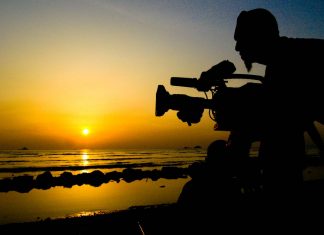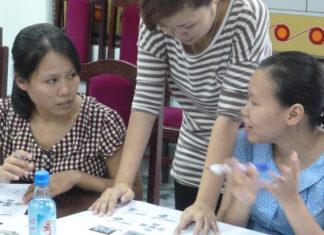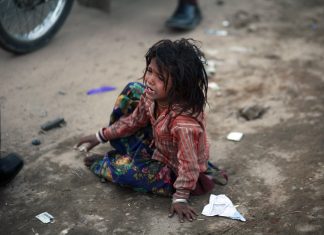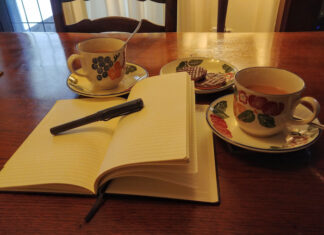Scenarios
Our ethical scenarios present real-world dilemmas that test editorial judgement and professional values. These challenging case studies involve conflicts of interest, privacy considerations, source protection, and difficult editorial decisions that journalists encounter daily. All material is free to download, adapt and use. Scroll down our site map for all the content in this and other sections.
Interviewing integrity – scenario
In this scenario, an award-winning journalist is offered a top job at national TV station, but soon after starting her new job she discovers corruption in the media house.
Journalistic ethics – scenario
In this scenario a reporter feels ethically compromised after accepting hospitality from a developer who subsequently pressured them for favourable coverage.
Doorstepping – scenario
You are a local newspaper reporter sent out to doorstep a bereaved family but you lie to your news editor because you are reluctant to intrude on their grief.
Journalistic integrity – scenario
In this scenario a political correspondent working for a broadcaster is asked to speak at an event organised by a political party - but there is a catch.
Withholding information – scenario
In this scenario a journalist comes across information that changes the focus of a story the editor had asked them to write. Should they include it or withhold it.
Photo journalism – scenario
In this scenario a reporter tells the newsdesk that she has a strong news story only to find that the facts were not as they seemed.
Editorial impartiality – scenario
In this scenario a reporter covering a story about medical malpractice in a hospital discovers that the consultant involved is a relative. What should they do?
Returning favours – scenario
In this scenario a naive reporter's early success with a government minister leads to an ethical dilemma when a 'favour' is demanded in return.
You might also like
Adopting the ‘big story’ approach
Professional news relies on meticulous planning and coverage. Yet, some stories remain unpredictable. Explore the balance between preparation and the unexpected.
Community radio running order
The following is a 24-hour daily schedule for a community radio station, balancing core programming elements with listener engagement and local relevance.
Refresher: Strategic thinking for media managers
This comprehensive one-day intensive training course is designed to teach media managers how to develop a successful and sustainable strategy for their media businesses.







